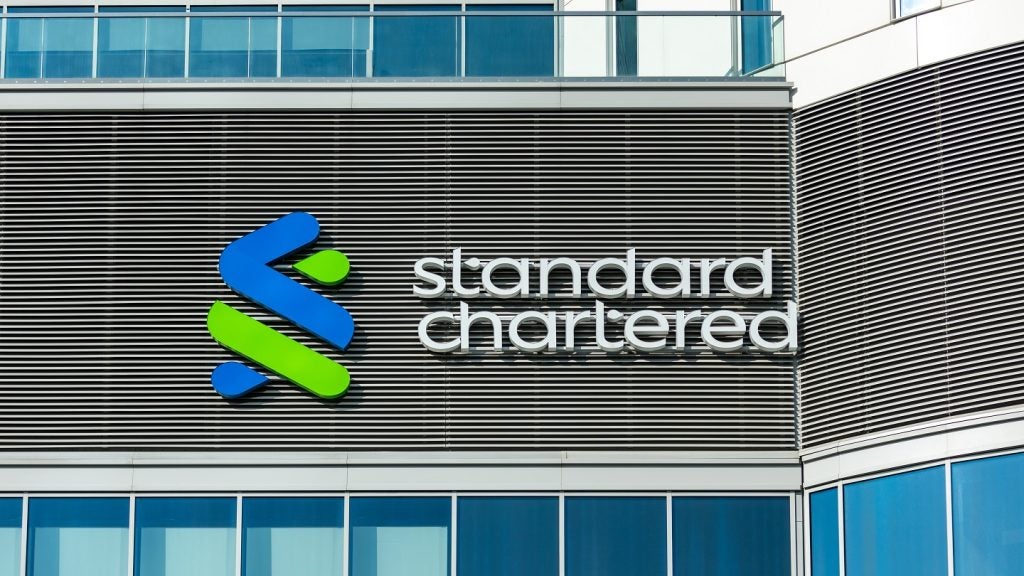
Family offices across the world generated returns of 7% in 2016, a huge improvement compared to a meager 0.3% in 2015. The growth was driven by equities and private equity, which in turn were counterbalanced by the more subdued performance of real estate and hedge funds, according to a report by Campden Wealth and Swiss banking giant UBS.
The report titled ‘Global Family Office Report 2017’ says that nearly half of a family office’s portfolio is now made up of equities (27%) and private equity (20%).
UBS global family office group head Sara Ferrari said: “Family offices have been making the most of their ability to embrace risk and invest for the long term, increasingly accepting illiquidity, much like other sophisticated investors.
“The benefits of this bolder approach are clear. North American family offices invested more than any other region into growth orientated strategies, and this strategy paid off as they outperformed.”
The study report added that even though 69% of family offices expect to have a generational wealth transfer within the next 15 years, only a third has a written succession plan to implement the process.
Around half (45.7%) of family offices were found not having a plan in place yet.
“Only 30% of generational transfers are successful, so this is an existential issue. What we are seeing is recognition of the challenges associated with wealth transfer, and a growing understanding of the actions that need to be taken,” Ferrari added.
More than 40% of family offices were also found seeking to raise allocations to socially responsible investments. The trend was mainly driven by millennials, with education, environmental conservation and energy / resource efficiency emerging as the most popular sectors to invest in.
The study also revealed a rise in philanthropic activity during the previous year, with the average family office directly giving $5.7m over this period. In this regard, environmental protection and poverty gained more attention, the report noted.
Also, around 95% of family offices said that they intend to maintain or increase commitments to philanthropic issues in the coming years.
Principals and executives from 262 family offices with an average size of $921m in assets under management participated in the survey.







